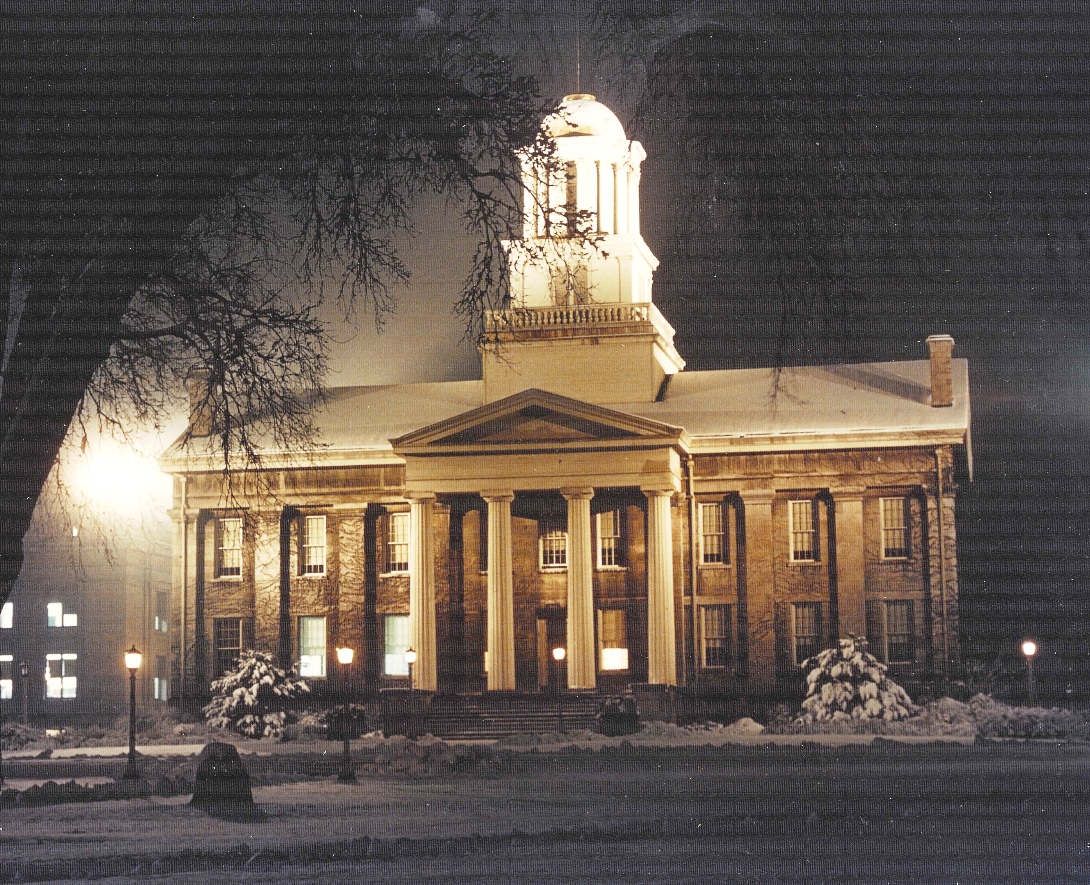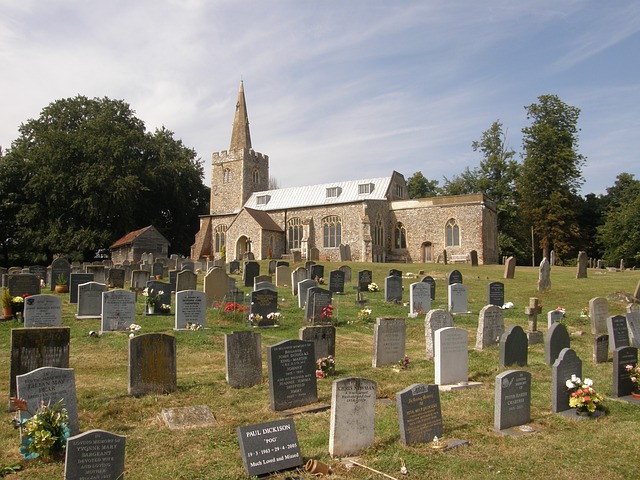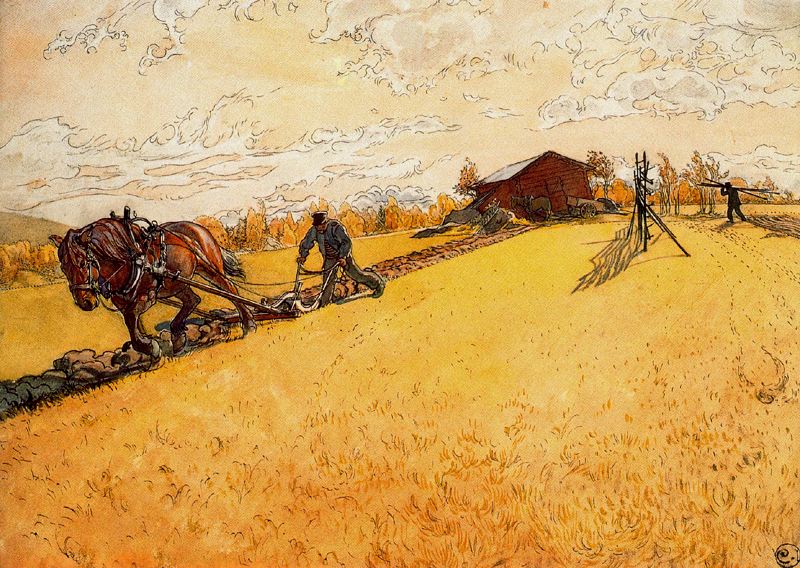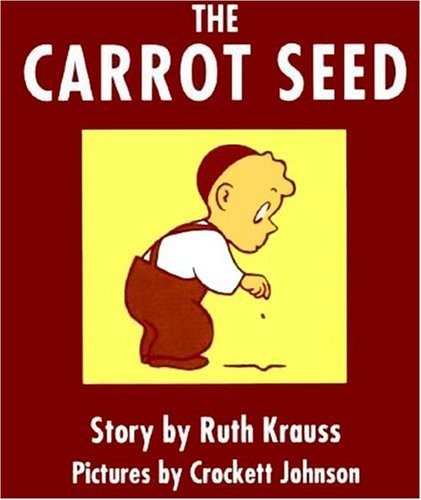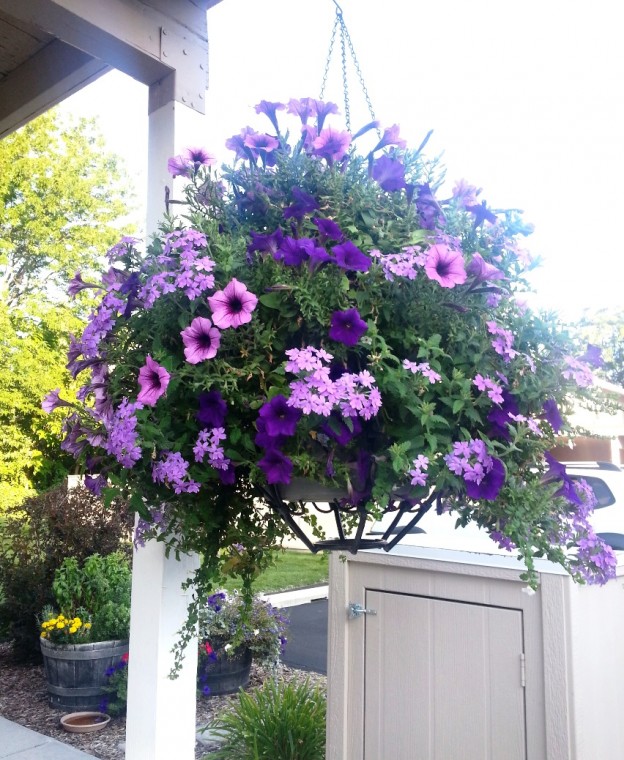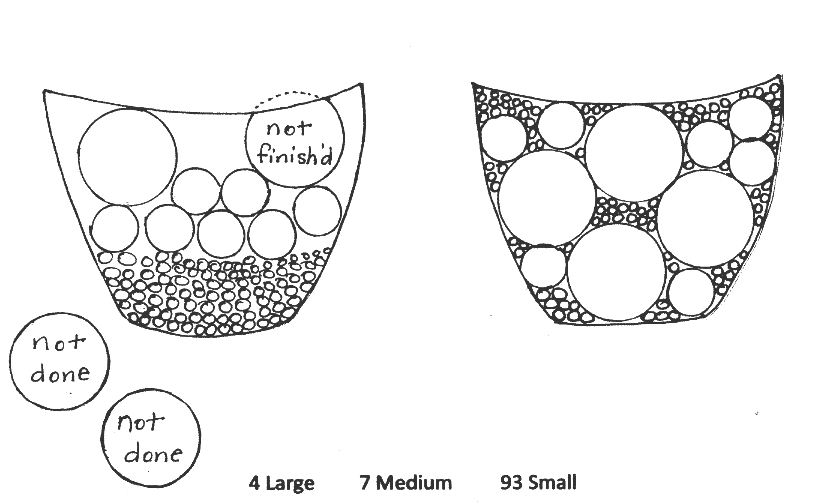In 2001, I went on a student tour of Europe. While in Italy, I wandered out to the balcony of our hotel room late one night to just sit and let my thoughts wander over the amazing experiences we were having. Gradually, I noticed some very large, dark shapes on the skyline and quickly realized they were mountains with not a light showing on any of them. They seemed to ring the city like silent sentinels from the past. I imagined they were symbolic of the dead civilizations of Europe whose remains we were viewing on this trip: Greek, Roman, and Etruscan. All were gone but they cast long shadows, still influence our lives today, and provided the foundations of Western Civilization. I wondered if we, with all our modern ways and seeming cultural security, will ever suffer the same fate: Dust to Dust, Ashes to Ashes, as the saying goes. But no matter, I’ll celebrate what we’ve achieved over the last 1500 or more years. My thoughts then turned to other mountains of influence in my life: The University of Iowa where my father and grandfather both spent their entire working lives, along with the dads of almost all my friends. I attended a University “lab school” where professors’ kids were taught by the brightest and best graduate students and senior faculty. The entire weight and majesty of Western Civilization gradually unfolded before my initially reluctant eyes, but that reluctance turned pretty quickly to a love affair with history, music, and art. Try visiting Mozart’s birthplace in Salzburg with his glorious arias piped into every room – it’s enough to melt the hardest heart. Or view Bernini’s sculpture The Ecstasy of Saint Teresa in Rome and try to hold back the tears.

Ecstasy of Saint Teresa, by Gian Lorenzo Bernini
Courtesy I. Sailko, Wikipedia
I attended college classes in four ancient granite buildings that surrounded the “Old Capitol” building, set in the center of what we called The Pentacrest, five buildings that were the heart of the College of Liberal Arts at the University. The photo below was taken by my father on a cold winter day which I prize above all my memories of the sunny spring days I spent there because so much of my education was gained by not only braving the elements (I walked or took the bus to classes in all weather), but by braving the wilderness within – my life was forever changed. From that foundation, all the subsequent learning in my life found a harmonious home. What a heritage and how grateful I am to those who made it possible. Other personal mountains that surrounded me were the standards of hard work and honesty I found all around me – my own family and others who dedicated themselves to something good and greater than their own self-interest. And I’m grateful for the example of neighborliness of my parents, especially my mother who took special care of Frank and Cenie next door and Mrs. B on the other side. I didn’t have the same inclinations, focusing more on my life and friends, but that example now informs my current efforts to provide some service to my friends and neighbors.
What are your silent mountains? Maybe take some time now to contemplate them and pay a little homage.
